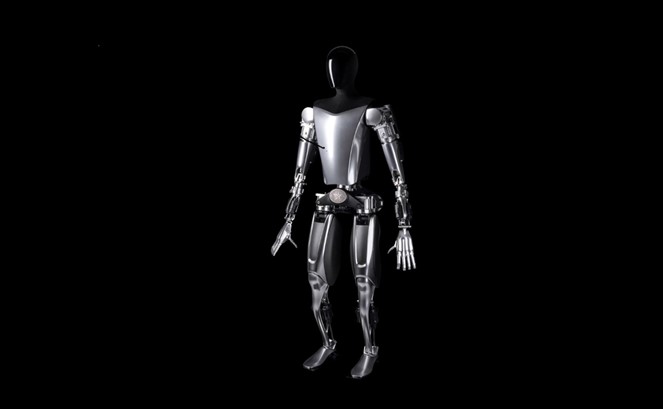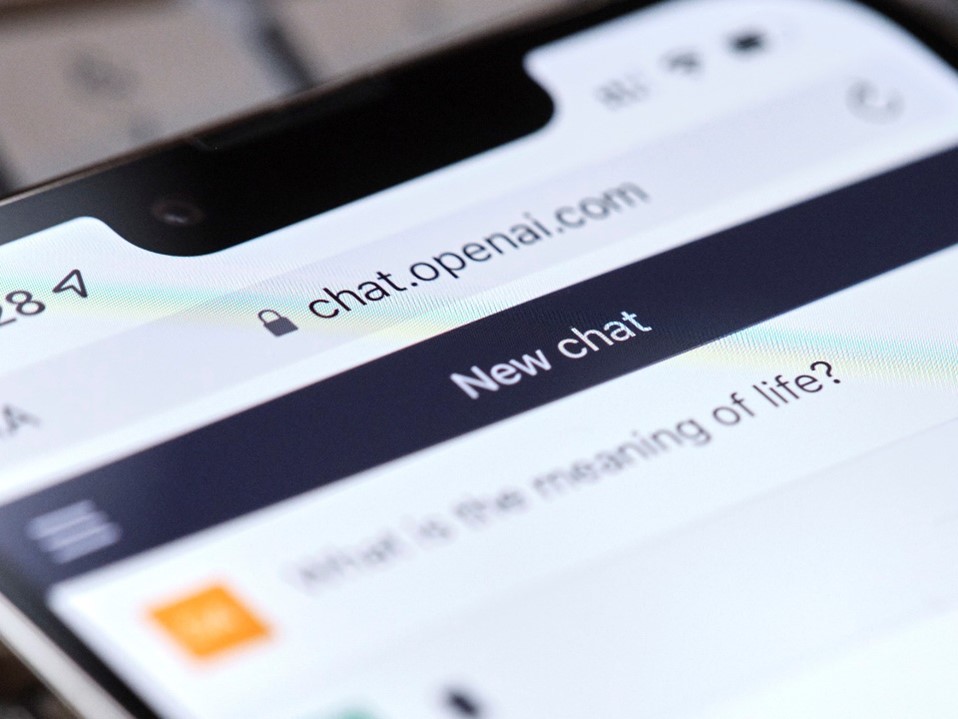
IBM Will Stop Hiring Professionals For Jobs Artificial Intelligence Might Do
Will AI take jobs and replace people in the future? Large companies are now making room for artificial intelligence alternatives by reducing hiring for positions that AI is expected to be able to fill. Bloomberg reported earlier in May that International Business Machines (IBM) expects to pause the hiring for thousands of positions that could be replaced by artificial intelligence in the coming years.
IBM’s CEO Arvind Krishna said in an interview with Bloomberg that hiring will be slowed or suspended for non-customer-facing roles, such as human resources, which makes up make up 26,000 positions at the tech giant. Watercooler talk of how AI may alter the workforce has been part of discussions in offices across the globe in recent months. IBM’s policy helps define in real terms the impact AI will have. Krishna said he expects about 30% of nearly 26,000 positions could be replaced by AI over a five-year period at the company, that’s 7,800 supplanted by AI.
IBM employs 260,000 people, the positions that involve interacting with customers and developing software are not on the chopping block Krishna said in the interview.

Global Job Losses
In a recent Goldman Sachs research report titled, Generative AI could raise global GDP by 7%, it was shown that 66% of all occupations could be partially automated by AI. This could, over time, allow for more productivity. The report’s specifics are written on the contingency that “generative AI delivers on its promised capabilities.” If it does, Goldman believes 300 million jobs could be threatened in the U.S. and Europe. If AI evolves as promised, Goldman estimates that one-fourth of current work could be accomplished using generative AI.
Sci-fi images of a future where robots replace human workers have existed since the word robot came to life in 1920. The current quick acceleration of AI programs, including ChatGPT and other OpenAI.com products, has ignited concerns that society is not yet ready to reckon with a massive shift in how production can be met without payroll.
Should Workers Worry?
Serial entrepreneur Elon Musk is one of the most vocal critics of AI. He is one of the founders of OpenAI, and the robot division at Tesla. In April, Musk claimed in an interview with Tucker Carlson on Fox News that he believes tech executives like Google’s Larry Page are “not taking AI safety seriously enough.” Musk asserts that he’s been called a “speciesist” for raising alarm bells about AI’s impact on humans, his concern is so great that he is moving forward with his own AI company—X.AI. This, he says, is in response to the recklessness of tech firms.
IBM now has digital labor solutions which help customers automate labor-intensive tasks such as data entry. “In digital labor, we are helping finance, accounting, and HR teams save thousands of hours by automating what used to belabor intensive data-entry tasks,” Krishna said on the company’s earnings call on April 19. “These productivity initiatives free up spending for reinvestment and contribute to margin expansion.”
Technology and innovation have always benefitted households in the long term. The industrial revolution, and later the technology revolution, at first did eliminate jobs. Later the human resources made available by machines increased productivity by freeing up people to do more. Productivity, or increased GDP, is equivalent to a wealthier society as GDP per capita increases.
Managing Editor, Channelchek
Source
https://www.ibm.com/investor/events/earnings-1q23
https://www.goldmansachs.com/insights/pages/generative-ai-could-raise-global-gdp-by-7-percent.html
https://fortune.com/2023/03/02/elon-musk-tesla-a-i-humanoid-robots-outnumber-people-economy/